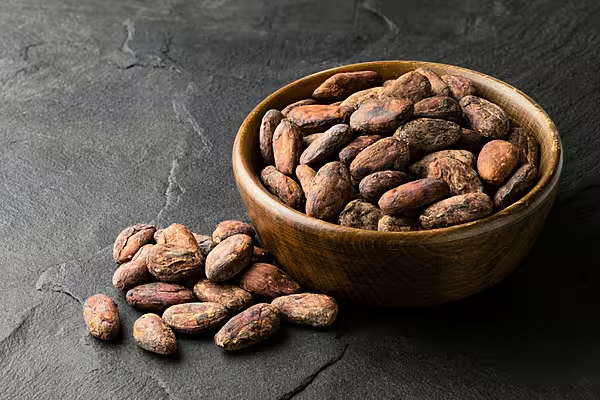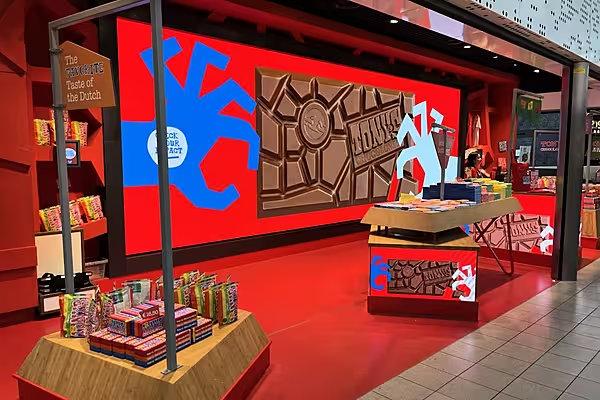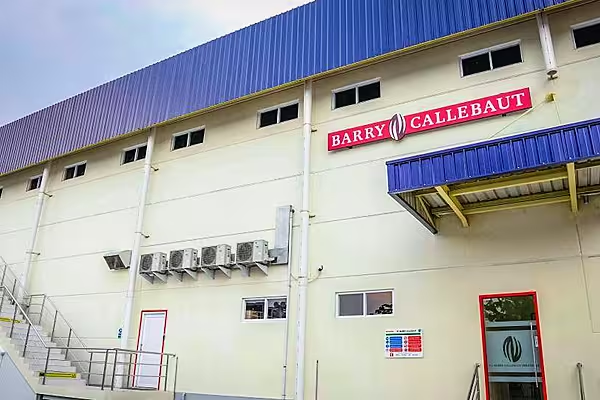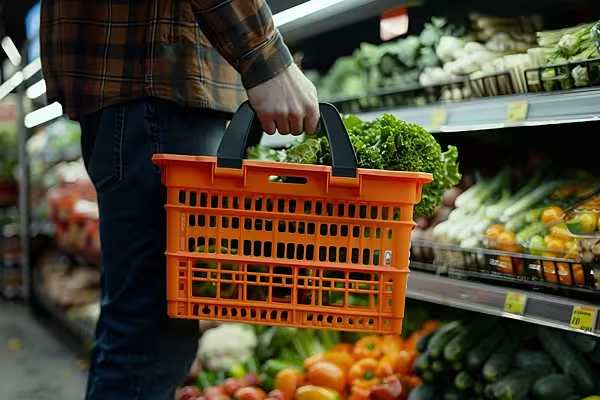The European Union is concerned top cocoa grower Ivory Coast is struggling to implement a sustainability drive needed for its beans to meet new EU standards, five people with knowledge of the process told Reuters.
The new EU law, set to come into force around end-2024, aims to crack down on the import of commodities linked to deforestation by requiring companies to prove their goods were not grown on land deforested after 2020.
At stake is smooth access to the main market for cocoa produced in Ivory Coast, the world's leading producer and exporter of cocoa beans, shipping around 70% of annual output to the EU.
Abidjan in March launched a national sustainable cocoa strategy (SNCD), meant to bring its cocoa in line with the EU requirements.
But the pace of progress since then is worrying the EU, according to two officials in Brussels and three in Abidjan, speaking on condition of anonymity.
"We have real concerns about Ivory Coast and its sustainability policy," said one of the EU officials. "We are one year away from the entry into force of this new European regulation but there is no or very little movement."
Another EU official highlighted several areas that needed particular attention.
"The traceability and certification system remains unclear ... and government policy for the protection of forests and the fight against child labour does not seem to be effective and operational. We don't see any change from what was done in the past,” the source said.
On Track
If Ivory Coast does not meet the deadline, it will be classified in a risk category that will subject operators and traders of its cocoa to extra checks, creating bottlenecks.
Asked about EU concerns, the head of the West African country's cocoa regulator, the Cocoa Coffee Council (CCC), said Ivory Coast was on track.
"Ivory Coast will not be badly classified even if for now the EU considers that we are behind. Our new sustainability, traceability and certification system is almost complete and will be implemented in 2024," said CCC director Yves Brahima Kone.
A cornerstone of Ivory Coast's plans is the rollout of an electronic card system to help track beans from plantations to their export port, confirm their origin, and help farmers receive the state-guaranteed price.
Around half of the 1 million cards still need to be distributed to farmers and the CCC also needs to introduce the certification system that would document the exact origin of each lot of cocoa as required by the EU.
The government estimates the implementation of these and other sustainability measures will cost around 421 billion CFA francs ($692 million) and it has sought around half of this from donors, the cocoa industry and chocolate companies.
An agriculture ministry official said a lack of funds was holding back implementation. "They (the EU) need to know that we are doing what is necessary and possible. We have limited financial means which prevents us from going as fast as they want," the official said.














